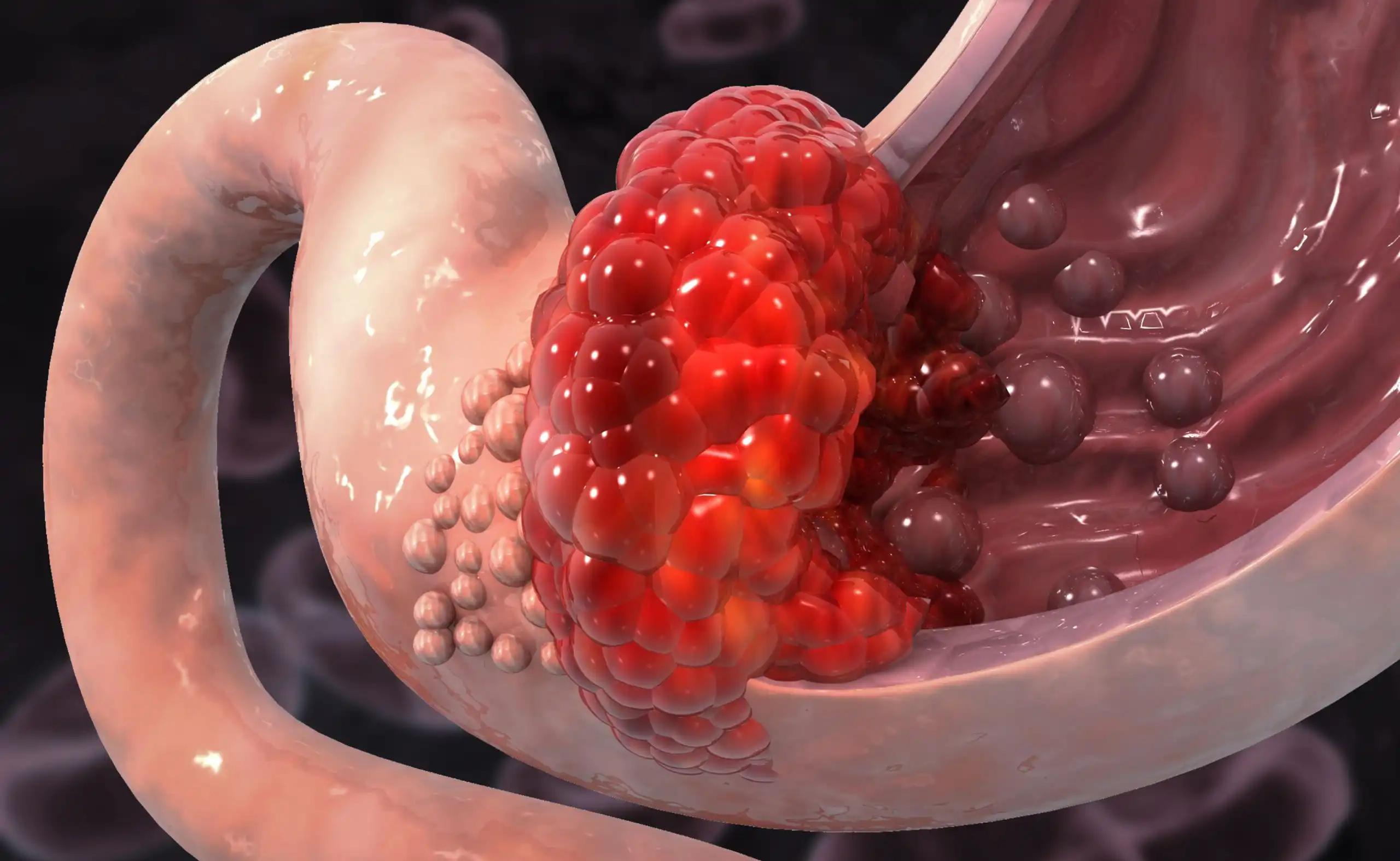KEY TAKEAWAYS
- The phase 3 trial reported 3-year OS and PFS data comparing 1L CEMI vs. CHEMO in aNSCLC with PD-L1 ≥50% expression, lacking actionable genomic changes.
- In the study, pts were randomly assigned to receive either CEMI 350mg IV Q3W or the investigator’s preferred form of CHEMO.
- The study found 1L CEMI monotherapy more effective than chemotherapy (CHEMO) in terms of longer OS and PFS for such pts.
The trial included patients (pts) with treated, clinically stable, baseline brain metastases, a challenging group to treat and often underrepresented in clinical trials. The post hoc analysis of the study showed that this subgroup experienced improved overall survival (OS) and progression-free survival (PFS) with 1L Cemiplimab (CEMI) compared to CHEMO, and the 3-year outcomes have been positive.
In the EMPOWER-Lung 1 study, pts were randomly assigned to receive either CEMI 350mg IV Q3W or the investigator’s preferred form of CHEMO. The median follow-up duration from randomization to data cut-off on March 4th, 2022, was 37.1 months, ranging from 24.0 to 56.5 mo. Researchers focused on patients who received treatment and had clinically stable brain metastases, with radiological stability not required.
Out of all the pts with PD-L1 ≥50%, 69 out of 565 (12.2%) had clinically stable brain metastases during randomization. The CEMI group (n=34) had a median age of 60.0 (ranging from 45 to 76), and the CHEMO group (n=35) had a median age of 62.0(ranging from 48 to 77) yrs; male, 97.1% vs 82.9%; and non-squamous histology, 85.3% vs 74.3%. The efficacy outcomes of CEMI were better than CHEMO, with a longer median OS (not reached vs. 20.7 mo, HR = 0.42, 0.20–0.87), a longer median PFS (12.5 vs. 5.3 mo, HR = 0.34, 0.18–0.63), a higher ORR (55.9% vs. 11.4%), and a longer median duration of response (31.7 mo vs. 12.5 months). After baseline, 5(14.7%) pts in the CEMI group experienced disease progression in the brain vs 7 pts (20%) in the CHEMO group. The incidence of grade ≥3 TEAEs was lower in the CEMI group (35.3%) than in the CHEMO group.
The data from a three-year follow-up stated that using CEMI as a monotherapy in patients with advanced non-small cell lung cancer (aNSCLC) and brain metastases offers long-lasting clinical benefits with an acceptable safety profile. This particular subgroup of patients has reported a generally well-tolerated experience with CEMI.
Source: https://www.jto.org/article/S1556-0864(23)00264-2/fulltext
Clinical Trial: https://classic.clinicaltrials.gov/ct2/show/NCT03088540
Kilickap, S., Özgüroglu, M., Sezer, A., Gumus, M., Bondarenko, I., Gogishvili, M., Türk, H.M., Cicin, I., Bentsion, D., Gladkov, O.A., Clingan, P., Sriuranpong, V., He, X., Pouliot, J., Seebach, F., Lowy, I., Gullo, G., Rietschel, P. Journal of Thoracic Oncology (2023), https://doi.org/10.1016/S1556-0864(23)00264-2



